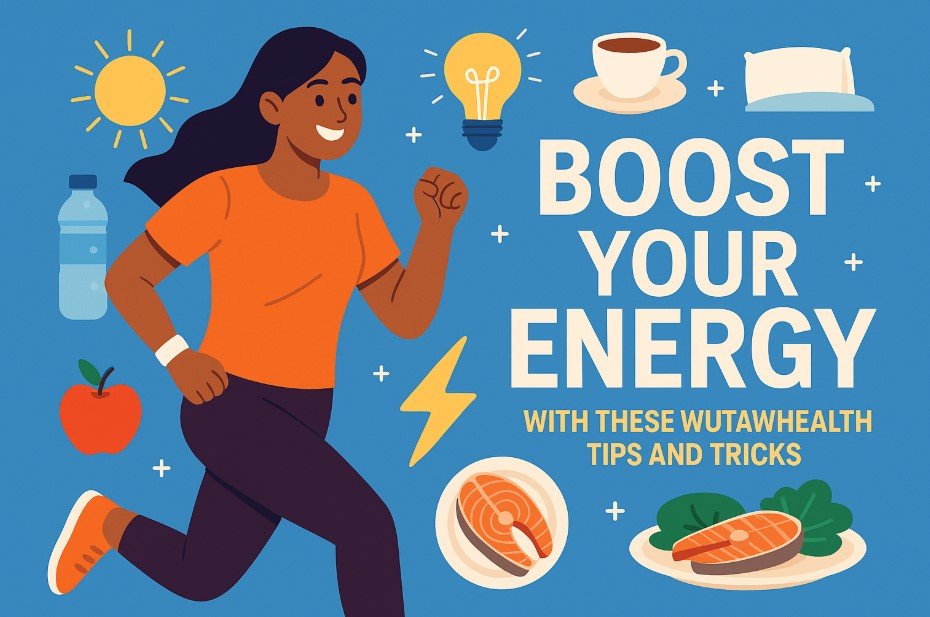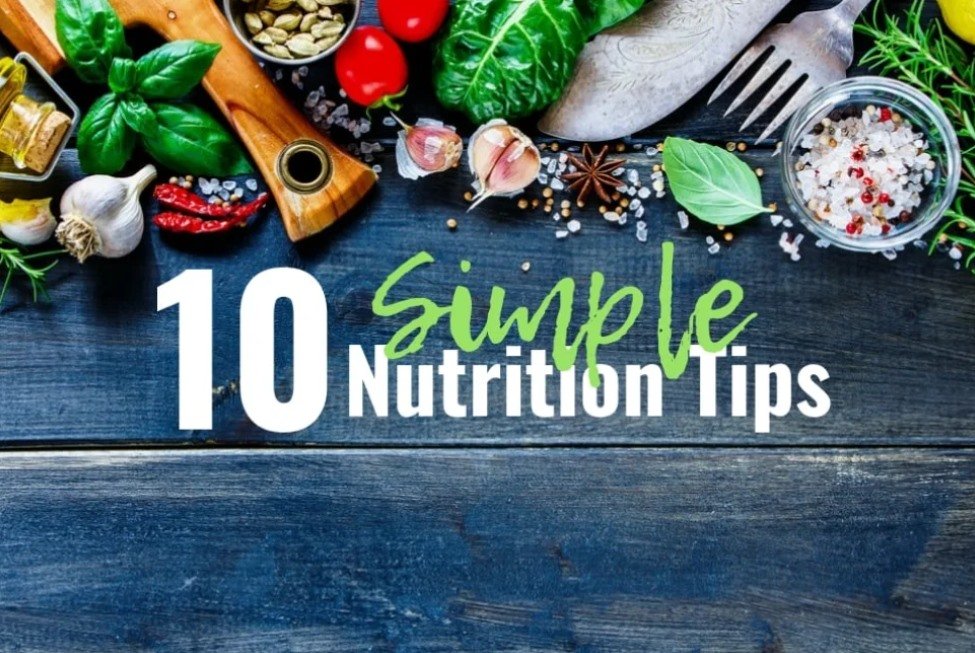
Introduction
Healthy eating is one of the foundations of overall well-being. The food choices you make every day influence your energy levels, physical health, and even your mental clarity. Many people want to live healthier lives but struggle to know where to start. The good news is that small, practical changes can make a big difference. By focusing on smart nutrition tips for a healthier lifestyle, you can create lasting habits that support your health and well-being.
Focus on Whole Foods
Whole foods are natural foods that are not heavily processed. These include fruits, vegetables, whole grains, lean proteins, legumes, nuts, and seeds. Whole foods provide essential vitamins, minerals, and fiber that help the body function properly. Replacing processed snacks with fruit or adding more vegetables to your meals are simple ways to start eating more whole foods.
Balance Your Meals
A balanced meal gives your body the nutrients it needs to stay energized and healthy. A good rule is to fill half of your plate with vegetables, one-quarter with protein, and one-quarter with whole grains. Including healthy fats, such as olive oil or avocados, adds extra benefits. Balanced meals keep you full longer and prevent sudden energy drops.
Stay Hydrated
Water plays a vital role in digestion, circulation, and temperature regulation. Many people do not drink enough water each day. A simple way to stay hydrated is to carry a reusable water bottle and take sips throughout the day. Limiting sugary drinks and replacing them with water or herbal tea is one of the easiest smart nutrition tips for a healthier lifestyle.
Limit Added Sugar
Excess sugar can lead to weight gain, fatigue, and other health problems. Many packaged foods and drinks contain hidden sugars, even those that seem healthy. Reading nutrition labels helps you spot added sugars. Try reducing soda, sweets, and processed snacks, and choose natural options like fruit to satisfy your sweet cravings.
Practice Portion Control
Eating more than your body needs can lead to unnecessary weight gain. Portion control helps you eat enough to feel satisfied without overloading your system. Using smaller plates, eating slowly, and stopping when you feel full are simple strategies. Paying attention to portion sizes also makes it easier to enjoy a wide variety of foods without overindulging.
Include Protein in Your Diet
Protein supports muscle health, repairs tissues, and keeps you feeling full. Good sources of protein include lean meats, fish, eggs, beans, lentils, nuts, and dairy products. Aim to include a source of protein in every meal, whether it is eggs at breakfast, chicken at lunch, or beans at dinner. Protein is especially important if you are physically active.
Eat More Fiber
Fiber is important for digestion and helps keep you full for longer periods. Foods rich in fiber include vegetables, fruits, whole grains, legumes, and seeds. Beginners can start by adding a side salad to lunch or choosing whole grain bread instead of white bread. Gradually increasing fiber intake also supports heart health and stable blood sugar levels.
Plan Your Meals Ahead
Planning meals is an effective way to maintain a balanced diet. Preparing a weekly meal plan helps reduce unhealthy food choices when you are busy or hungry. Cooking at home gives you full control over ingredients and portion sizes. Even planning two or three meals in advance can make it easier to stick to smart nutrition tips for a healthier lifestyle.
Do Not Skip Meals
Skipping meals may seem like an easy way to reduce calories, but it often leads to overeating later in the day. Eating regular meals keeps your energy stable and prevents hunger cravings from getting out of control. Breakfast, lunch, and dinner, along with small healthy snacks, help you maintain steady energy throughout the day.
Practice Mindful Eating
Mindful eating means paying attention to what you eat and how it makes you feel. Avoid distractions like watching TV or scrolling on your phone during meals. Eating slowly, enjoying the flavors, and listening to your hunger cues can prevent overeating. Mindful eating also helps you appreciate food more and develop a healthier relationship with eating.
Choose Healthy Snacks
Snacking can be part of a healthy lifestyle when you make smart choices. Instead of reaching for chips or sweets, try snacks like yogurt with fruit, a handful of nuts, or vegetable sticks with hummus. These snacks provide nutrients and help you stay energized between meals. Keeping healthy snacks prepared and available makes it easier to avoid unhealthy options.
Limit Processed Foods
Highly processed foods often contain added sugar, salt, and unhealthy fats. These ingredients provide calories without much nutritional benefit. Limiting fast food, packaged snacks, and instant meals can make a big difference in your health. Replacing processed foods with whole, fresh options is one of the most effective smart nutrition tips for a healthier lifestyle.
Conclusion
Improving your eating habits does not have to be complicated. By following smart nutrition tips for a healthier lifestyle, you can make gradual, lasting changes that improve your overall health. Focusing on whole foods, balanced meals, hydration, portion control, and mindful eating creates a strong foundation for well-being. Planning meals, avoiding added sugars, eating enough protein and fiber, and limiting processed foods are simple but powerful strategies. Over time, these habits become part of your daily routine and lead to a healthier, more energetic life.
Read more: 10 Simple Nutrition Tips for Beginners












